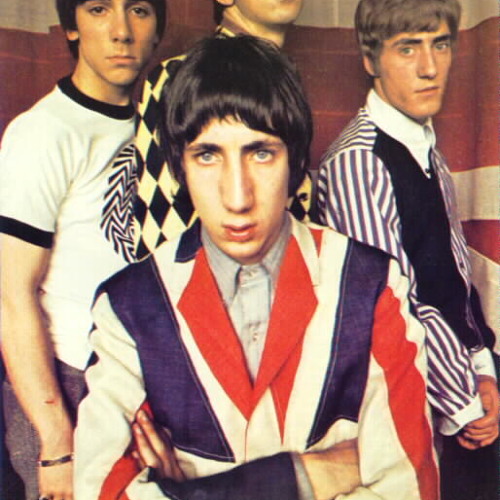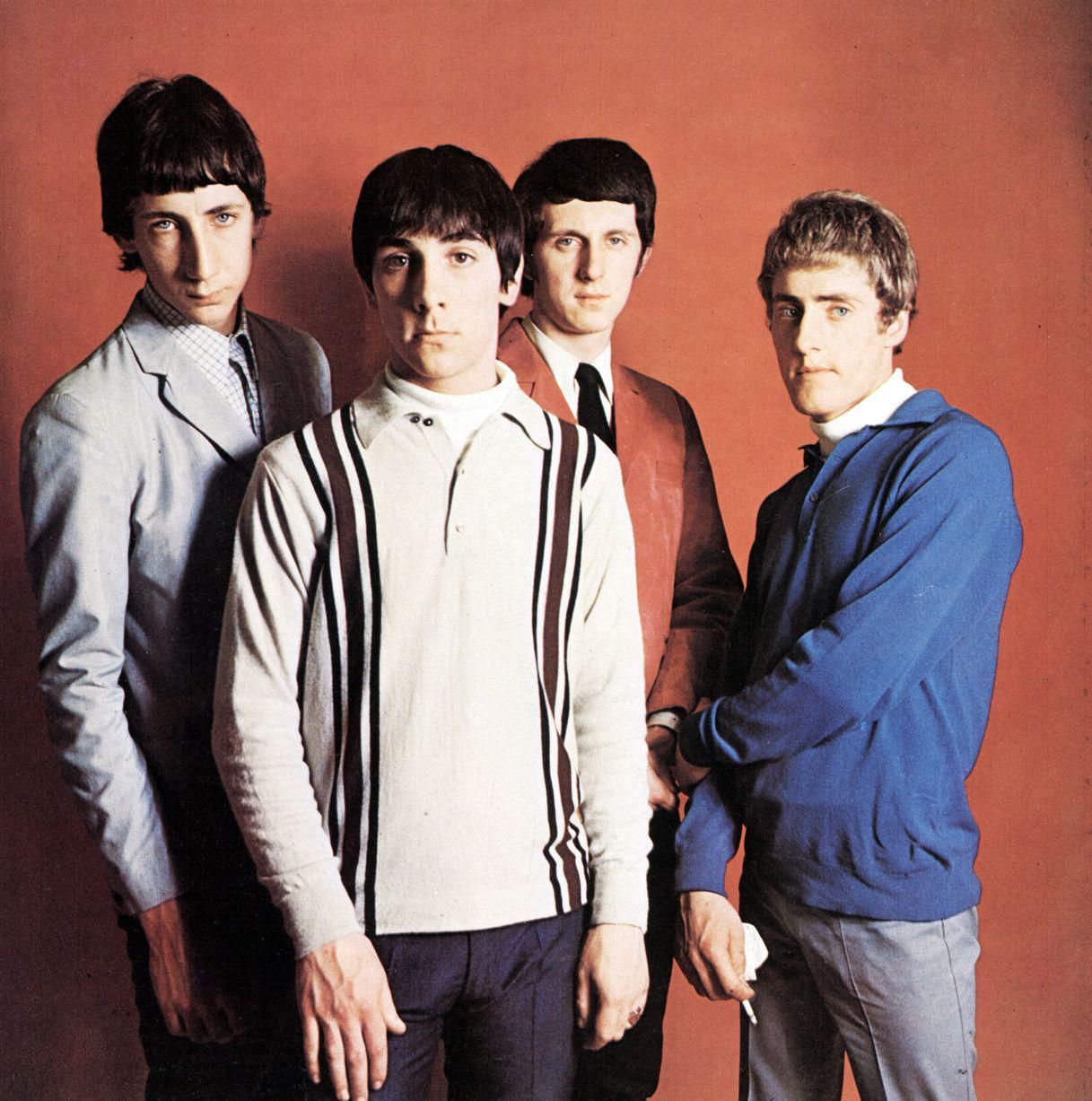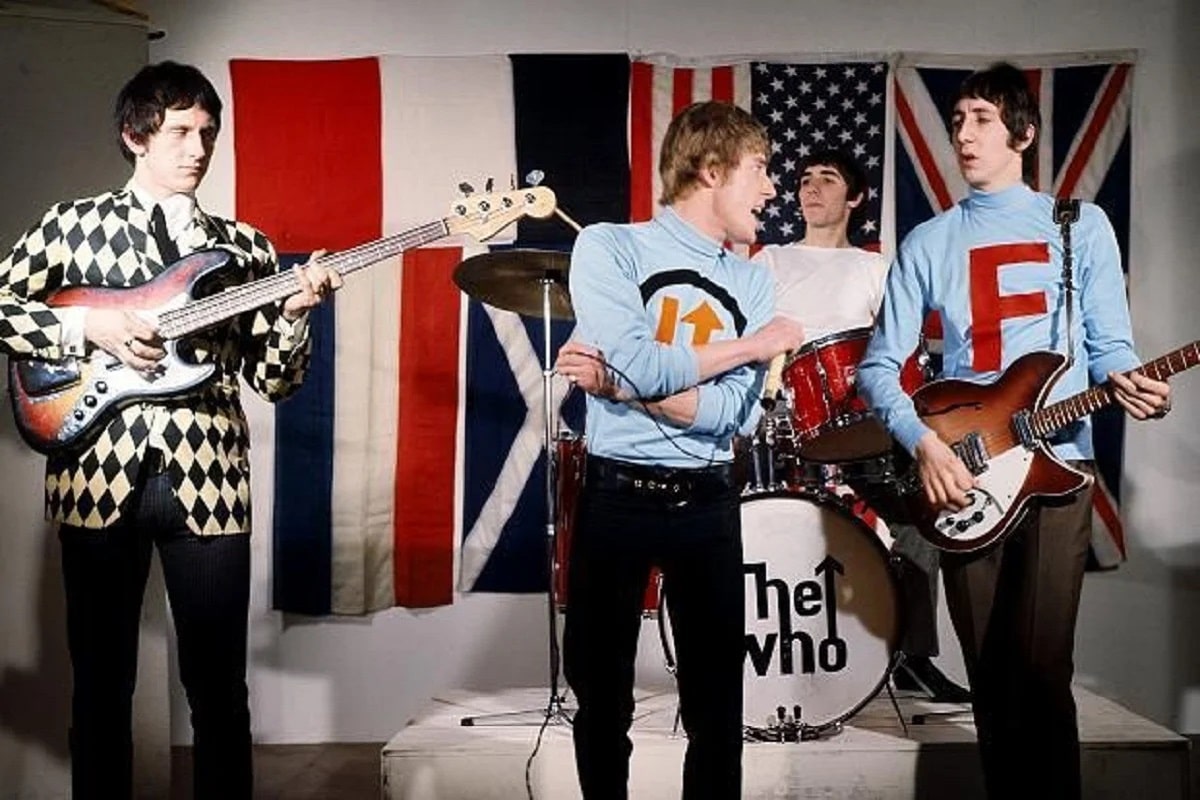Baba O’Riley – The Who

“Baba O’Riley” is a classic rock song by The Who, released on October 12, 1971, as the opening track of their album Who’s Next. It is widely regarded as one of The Who’s greatest songs and a seminal track in rock music history.
Background and Production
- Writers: Pete Townshend, the band’s guitarist and primary songwriter, wrote “Baba O’Riley.” The song was originally intended to be part of a rock opera project called Lifehouse, which was never completed. Instead, the song was included on Who’s Next.
- Producer: The track was produced by The Who and Glyn Johns. The production features a blend of rock and electronic elements, showcasing the band’s innovative approach to music.
Structure and Musical Composition
“Baba O’Riley” is known for its distinctive synthesizer introduction and powerful rock arrangement. The song features:
- Intro: The song opens with a pioneering synthesizer sequence played by Pete Townshend using a Lowrey organ, which creates a unique and memorable sound. This electronic intro is often mistaken for a traditional rock keyboard riff but is actually a groundbreaking use of synthesizers in rock music.
- Verses and Chorus: The verses are characterized by their lyrical content and Townshend’s melodic guitar work. The chorus is anthemic and features a dynamic, driving rhythm that builds energy throughout the song.
- Bridge and Solo: The song includes a bridge with a shift in dynamics and a powerful guitar solo by Townshend. This section adds to the song’s emotional intensity and showcases the band’s musical versatility.
Lyrics and Themes
The lyrics of “Baba O’Riley” are reflective and poetic, with themes of youthful rebellion, societal disillusionment, and the search for meaning. The song is often associated with the counterculture movement of the 1960s and 1970s:
Chorus: “Don’t cry
Don’t raise your eye
It’s only teenage wasteland.”
The phrase “teenage wasteland” reflects the sense of disillusionment felt by many young people during that era. The song’s lyrics convey a sense of both despair and hope, capturing the complex emotions of the time.
Impact and Legacy
- Commercial Success: “Baba O’Riley” was a commercial success, reaching No. 38 on the Billboard Hot 100 chart in the United States. It has since become one of The Who’s most popular and enduring songs.
- Critical Acclaim: The song is praised for its innovative use of synthesizers, its powerful arrangement, and its lyrical depth. It is often included in lists of the greatest rock songs and is considered a landmark track in the genre.
- Cultural Influence: “Baba O’Riley” has been widely covered and referenced in various forms of media, including films, TV shows, and commercials. It has become a staple of classic rock radio and is frequently performed by The Who in concert.
Conclusion
“Baba O’Riley” by The Who is a groundbreaking rock song that showcases the band’s innovative approach to music. With its iconic synthesizer intro, powerful arrangement, and reflective lyrics, the song remains a seminal track in rock history. Its influence on the genre and its enduring popularity solidify its place as one of The Who’s greatest achievements and a classic of rock music.
Video:















